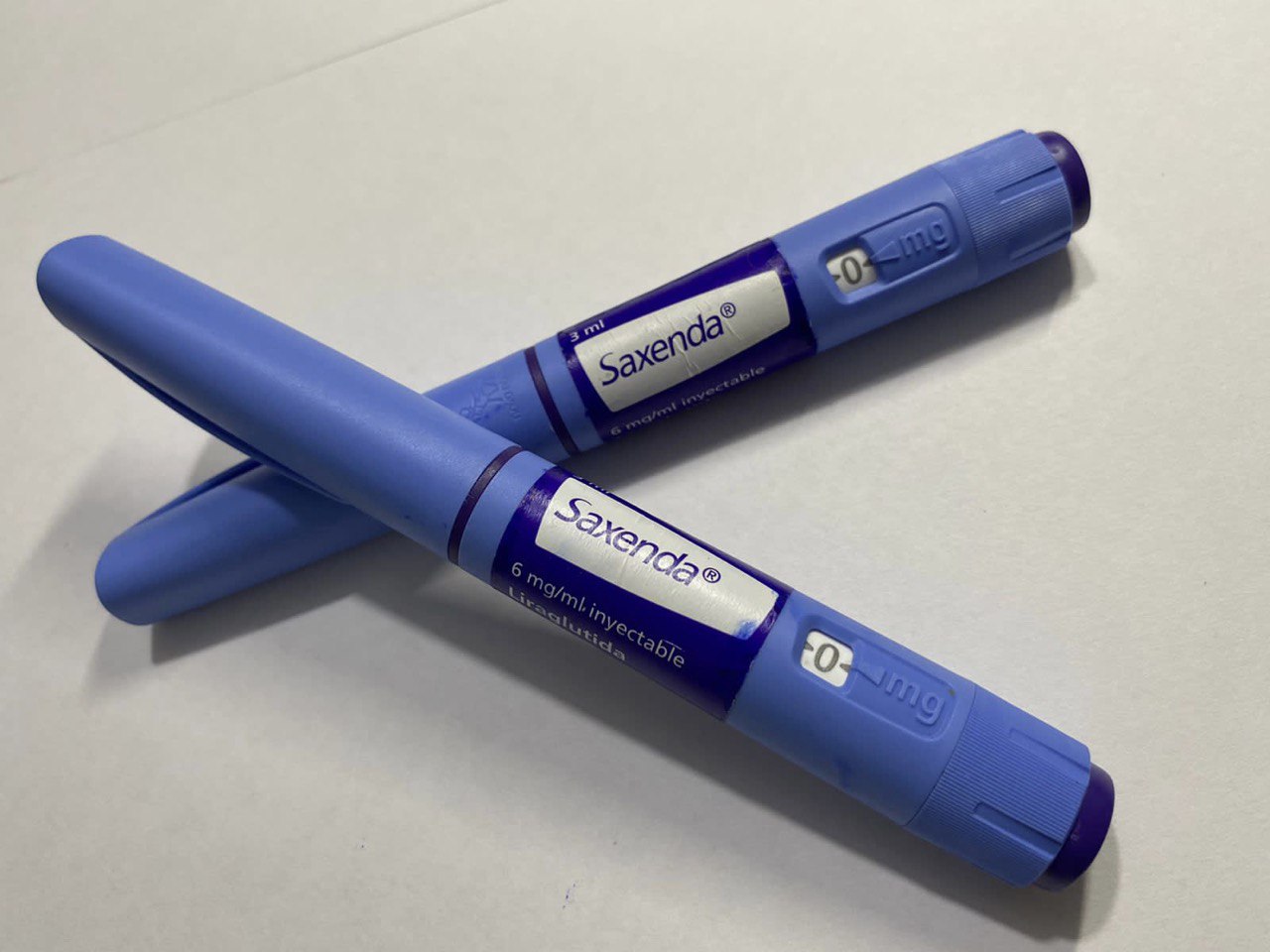Attachments
Note: Not all attachments are visible to the general public. Research URLs will go live after the embargo ends.

Research
American College of Cardiology, Web page
Please link to the article in online versions of your report (the URL will go live after the embargo ends).

Editorial / Opinion
American College of Cardiology, Web page
Please link to the article in online versions of your report (the URL will go live after the embargo ends).
Journal/
conference: Journal of the American College of Cardiology
conference: Journal of the American College of Cardiology
Research:Paper
Organisation/s:
Baker Heart and Diabetes Institute, Monash University, The University of Melbourne, University of Leeds, UK
Funder:
This independent research has been jointly
funded by the Wellcome Trust (grant number: 221690/Z/20/Z) and
Diabetes UK (grant number:18/0005870) and has been performed at
the National Institute for Health and Care Research (NIHR) Leeds
Biomedical Research Centre (BRC) (NIHR203331). Funding for open
access charge is from Wellcome Trust (grant number: 221690/Z/20/Z).
Dr Chowdhary has received grants from the British Heart Foundation
(grant number: FS/CRTF/20/24003). Dr Valkovic has received grants
from the Sir Henry Dale Fellowship supported jointly by the Wellcome
Trust and the Royal Society (#221805/Z/20/Z), and Slovak Grant
Agencies VEGA (#2/0004/23) and APVV (#21-0299). Dr Levelt acknowledges
support from the Wellcome Trust Clinical Career Development
Fellowship (grant number: 221690/Z/20/Z), Diabetes UK
(grant number: UK 18/0005908) and the NIHR Leeds Biomedical
Research Centre.



 Australia; International; VIC
Australia; International; VIC


